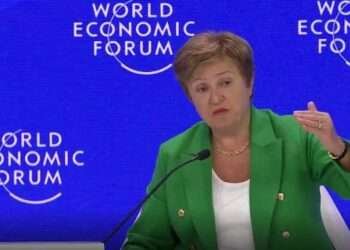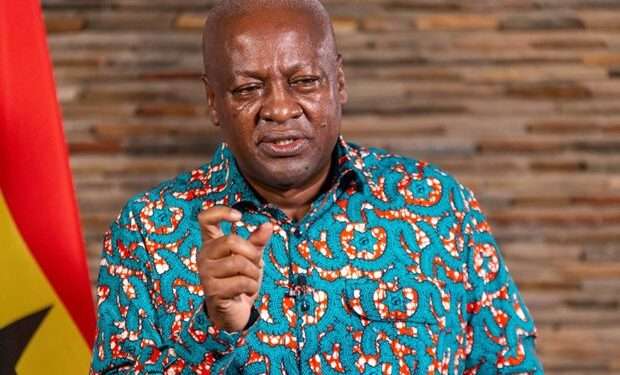An International Monetary Fund (IMF) team is expected to arrive in Accra, Ghana, on February 8, 2025, to engage in crucial discussions with the government regarding the state of the economy and the upcoming 2025 Budget.
This five-day visit will provide an opportunity for both parties to assess Ghana’s progress under the IMF-supported economic programme and explore measures to strengthen fiscal stability.
While the visit is not part of the official fourth review of Ghana’s IMF programme, it is expected to shape key decisions related to debt restructuring, energy sector challenges, and revenue mobilization strategies. The review itself is scheduled for later in the year and will determine the release of the next tranche of IMF funding.
Key Issues on the Agenda
The discussions will primarily focus on Ghana’s economic trajectory and how the 2025 Budget aligns with the IMF’s programme objectives. One of the critical issues will be Ghana’s ongoing negotiations with External Commercial Creditors, as the government seeks to finalize a sustainable debt restructuring plan. The IMF will assess the progress made in this area and evaluate how the country’s debt stock is being managed.
Another significant point of discussion will be the country’s energy sector debts and the government’s broader strategy to address Ghana’s power supply challenges. Sources indicate that the IMF is particularly interested in plans to privatize aspects of the Electricity Company of Ghana’s (ECG) operations. The government is expected to provide clarity on whether it intends to proceed with this privatization and how it will impact the energy sector’s financial sustainability.
The IMF’s engagement with the government will also focus on Ghana’s fiscal policies, particularly revenue mobilization strategies outlined in the 2025 Budget. The Fund has emphasized the need for Ghana to improve domestic revenue generation while reducing its debt burden.
One major concern is the potential revenue gap that could arise if the Finance Minister, Dr. Ato Forson, proceeds with plans to eliminate certain taxes. The Betting Tax, Covid-19 Levy, and E-Levy are among the key revenue streams that might be scrapped, a move that could cost the country an estimated GHS 10 billion annually. The IMF is expected to seek clarity on how the government intends to fill this revenue gap without jeopardizing fiscal stability.
Additionally, the Fund will evaluate government’s economic reset strategy and its alignment with the overall IMF programme. This includes examining policies that could enhance economic growth while ensuring that Ghana remains on track with its fiscal targets.
Programme Extension and Additional IMF Support
Dr. Ato Forson has previously expressed the government’s intention to seek an extension of Ghana’s IMF programme, which would provide additional financial support to help stabilize the economy. The IMF team’s visit will offer a platform for discussions on this proposal, with the Fund expected to outline the conditions under which such an extension could be granted.
While the IMF has stated that it is open to renegotiating aspects of the programme, any agreement must align with the broader objectives of revenue mobilization and debt sustainability. Ghana’s request for an extension will likely hinge on its ability to demonstrate commitment to fiscal discipline and structural reforms.
Since signing up for the IMF programme in May 2023, Ghana has received approximately US$1.9 billion in financial assistance. The programme has played a crucial role in stabilizing the economy, particularly in areas such as inflation control, economic growth, and external trade balance.
Following Ghana’s successful completion of the third review, the IMF praised the country’s economic progress, noting that growth in the first half of 2024 exceeded expectations. The statement also highlighted a steady decline in inflation and improvements in fiscal and external positions. The upcoming fourth review, which will be based on fiscal data from the end of 2024, will determine whether Ghana qualifies for another round of IMF disbursements in June 2025.
As negotiations unfold, all eyes will be on the government’s ability to balance fiscal consolidation with economic growth, ensuring that Ghana remains on a sustainable development path.
READ ALSO: Alhaji Sinare Commends President Mahama for Reducing Hajj Fares




















